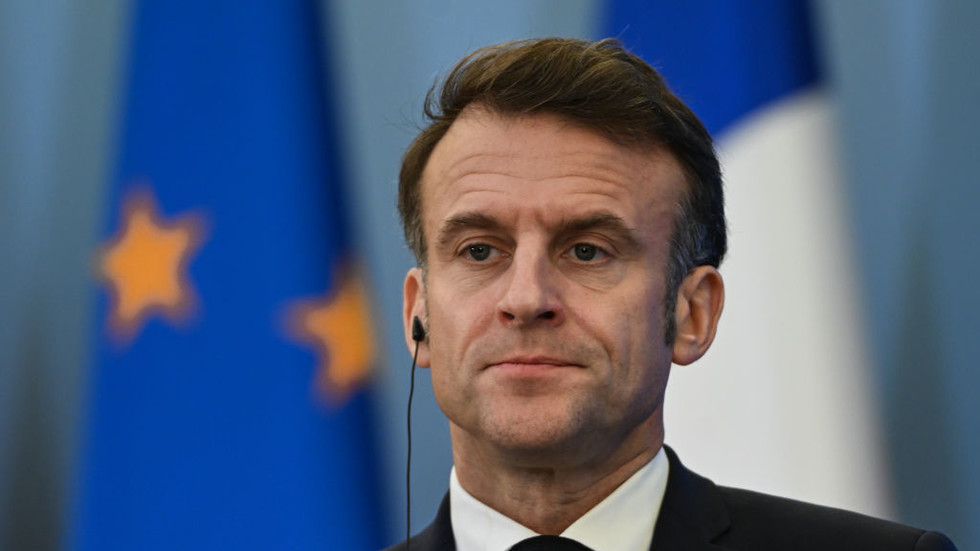French President Emmanuel Macron is poised to propose the establishment of a European Union (EU) peacekeeping mission in Ukraine, contingent upon a successful ceasefire agreement between Ukraine and Russia. This proposal will be a focal point of discussions during the upcoming EU summit. The initiative is reportedly inspired by suggestions made by U.S. President-elect Donald Trump during a meeting with Ukrainian President Volodymyr Zelensky and Macron in Paris. Trump’s approach emphasizes a diplomatic resolution to the ongoing conflict, advocating for enhanced involvement from European nations in monitoring any potential ceasefire. Macron has been actively engaging with other European leaders on the subject, having discussed peacekeeping possibilities with Polish Prime Minister Donald Tusk, though Tusk indicated that no concrete plans were in place at this stage.
The discussions about deploying peacekeepers are still nascent, with ambiguity surrounding which countries would contribute troops and how many might be involved. Senior EU diplomats have expressed caution, suggesting that it is premature to discuss deploying peacekeeping forces until a clear ceasefire agreement is reached between both Russia and Ukraine. EU’s foreign affairs representative, Kaja Kallas, emphasized that until Russia and Ukraine make substantial commitments toward peace, the idea of deploying peacekeeping missions remains theoretical. She affirmed that participation in such missions would depend on the individual decisions of each EU member state.
The discussions around the potential peacekeeping mission are primarily aimed at creating a foundation for negotiations with President-elect Trump, reinforcing the EU’s role in forthcoming peace talks. Trump has pledged to resolve the Ukraine conflict quickly following his reinstatement, signaling a potential shift in U.S. foreign policy. He has indicated a preference for a resolution that would halt the conflict without formally acknowledging Russian claims over contested Ukrainian territories and also stalling Ukraine’s NATO membership aspirations. This plan, purportedly drafted by retired Army General Keith Kellogg, aims to freeze the ongoing military tensions while leaving significant geopolitical questions unresolved.
Meanwhile, Russia has dismissed the notion of freezing the conflict, insisting that any settlement must include Ukraine withdrawing its military forces from territories claimed by Russia. The Kremlin’s demands encompass the fulfillment of objectives laid out by Moscow, including ensuring Ukraine’s neutrality and complete demilitarization. This stance indicates the complexities involved in reaching a mutual agreement, as well as the potential hurdles any peacekeeping mission would face should hostilities actually cease.
As the situation unfolds, the potential EU peacekeeping mission highlights the growing recognition of the need for an international response to the conflict in Ukraine. The urgency to form a structured response underscores the broader ramifications of the war and emphasizes the importance of cooperation among European nations and the U.S. The evolving diplomatic landscape suggests that various stakeholders are keenly aware of the geopolitical stakes, especially as they relate to security measures in Eastern Europe and the potential for future engagements with Russia.
In conclusion, while Macron’s call for a peacekeeping mission reflects a proactive stance by EU leaders and a desire to stabilize the region, the path to effective deployment is fraught with challenges. The initial discussions aim to prepare the ground for future negotiations, but the consensus on a ceasefire and the conditions necessary for a mission’s implementation remain critical. The outcome will depend significantly on the actions of Russia and Ukraine and the willingness of EU countries to commit to maintaining peace and monitoring compliance with any agreements reached in the future.

